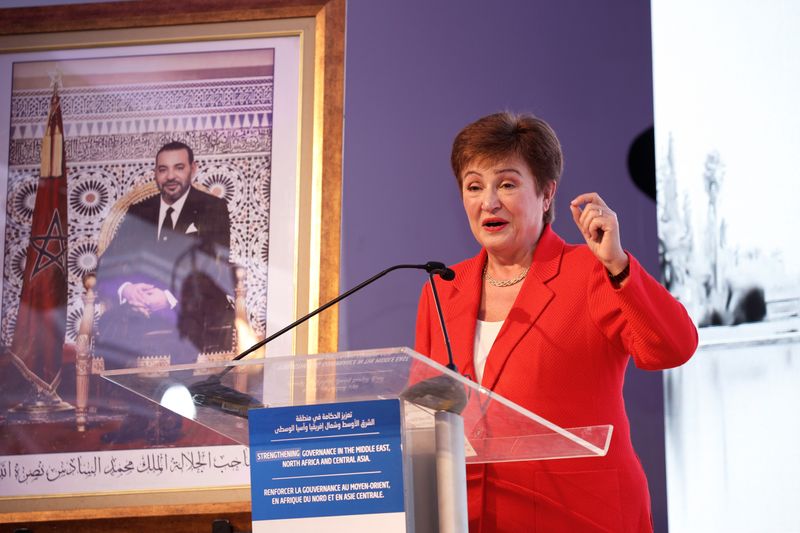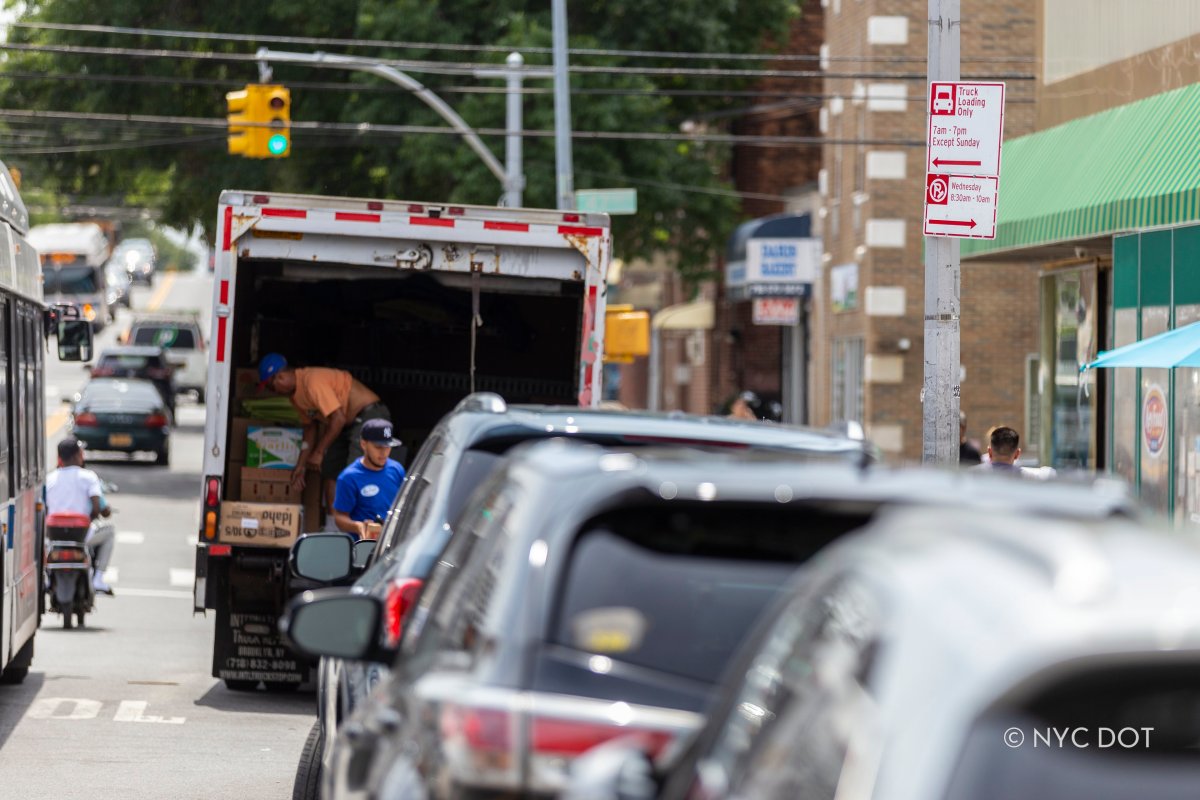VIENNA (Reuters) – Governments need to invest aid funds more selectively to overcome the coronavirus crisis in the long term, International Monetary Fund Managing Director Kristalina Georgieva said.
They also need to make sure that public procurement is transparent and competitive so as to not lose the trust of citizens, Georgieva said at an Austrian economic forum, which she joined online.
“Countries will have to be more selective as to who they support,” Georgieva said, listing digital businesses and those that can profit from green climate policy as examples of potentially successful investments. “Up to now we support everybody.”
More than 100 countries have requested emergency financing assistance from the IMF so far. The fund has committed $270 billion of its $1 trillion war chest already, its chief said, adding that in total some $11 trillion have been invested in stimulus around the world.
Given the huge amount of funds, expenditure control was key. “Make sure that governments are put on a digital platform, so that citizens can see where does the tax euro actually go.”
Georgieva, a Bulgarian, said she hoped for a renewed drive towards strong policies and government transparency in central and eastern Europe.
The region had done well in building fiscal discipline and would probably come through the crisis better this year than more advanced European countries. She sees gross domestic product shrink 5-6% in the CEE region and 10% in the richer European countries this year.
However, she called on CEE governments to redirect financial support more carefully than in the first round of emergency help and not stop it as an abrupt end could lead to a tripling of bankruptcies among small and medium-sized enterprises there.
“The same way the virus hits people with preconditions the hardest, the economic crisis hits countries with weak policies, not sufficient oversight the hardest.”
(Reporting by Kirsti Knolle; editing by Thomas Seythal and Giles Elgood)



















